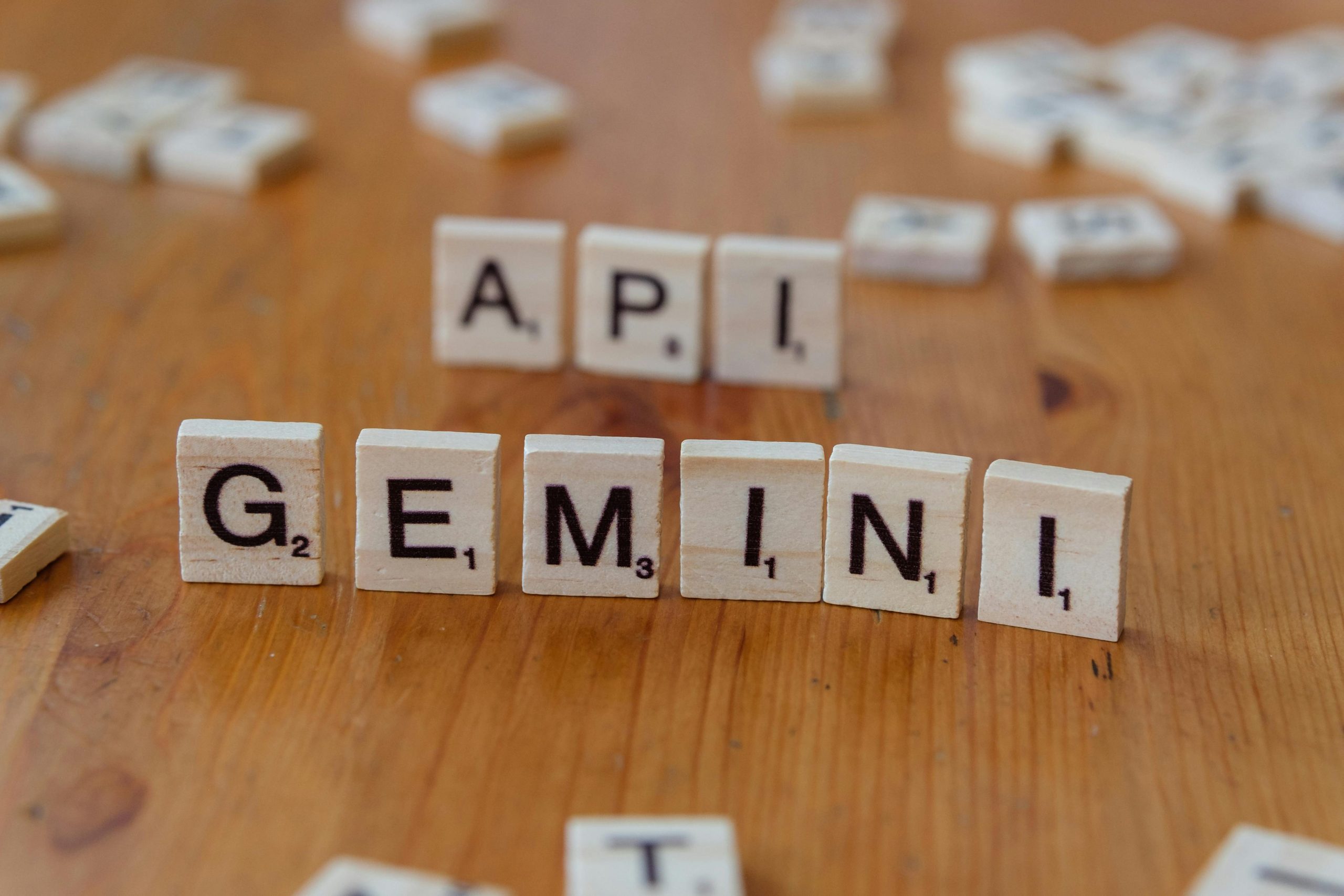Revamping SEO Strategies with Emerging Google AI and ChatGPT Technologies: Navigating Costs and Considerations
In the ever-evolving landscape of digital marketing, staying ahead of the curve often requires significant updates to existing SEO frameworks. For website owners managing multiple platforms—particularly those utilizing WordPress—a transition to incorporate new Google AI features and ChatGPT-based configurations presents both exciting opportunities and complex challenges.
Current State: Traditional SEO Practices
Many businesses have relied on conventional SEO strategies aligned with Google Analytics 4 (GA4) and age-old optimization techniques. These methods, proven over years of implementation, have served as a foundation for organic growth, keyword targeting, and content optimization.
The Shift: Embracing AI-Driven SEO Enhancements
Recently, Google has introduced advanced AI capabilities aimed at improving search relevance and user experience. Simultaneously, tools like ChatGPT provide sophisticated content generation and interaction options. Integrating these new AI-driven features into existing SEO workflows can potentially enhance visibility, tailor content more effectively, and offer personalized user engagement.
Scaling Up: Managing the Transition for Multiple Websites
For site owners overseeing a portfolio—say, around 80 WordPress sites—the task of updating each to leverage these emerging AI tools can be daunting. The scope involves not only reconfiguring technical setups but also creating and optimizing new content aligned with AI-enhanced search paradigms.
This process may include:
- Updating existing SEO configurations to incorporate AI-based suggestions.
- Generating or refining website content with ChatGPT or similar tools.
- Modifying website architecture and metadata to suit AI-driven search algorithms.
- Monitoring performance and making ongoing adjustments.
Understanding the Financial Implications
Given the breadth of this undertaking, questions about associated costs are inevitable. These expenses may encompass:
- Licensing or subscription fees for AI content tools.
- Time investment for content creation, technical updates, and testing.
- Potential costs for SEO consultancy or specialized services familiar with AI integrations.
- Ongoing marketing efforts to maintain and improve rankings post-implementation.
Careful budgeting and value assessment are vital. It’s advisable to analyze whether investments in content automation and AI optimization translate into measurable improvements in traffic and conversions.
Lessons and Recommendations from Industry Peers
While concrete cost benchmarks are variable—dependent on project scope, technology choices, and market rates—insights from industry veterans highlight a few key points:
- Start small: Pilot AI integration on a subset of websites to gauge effort and impact.
- Leverage automation:

